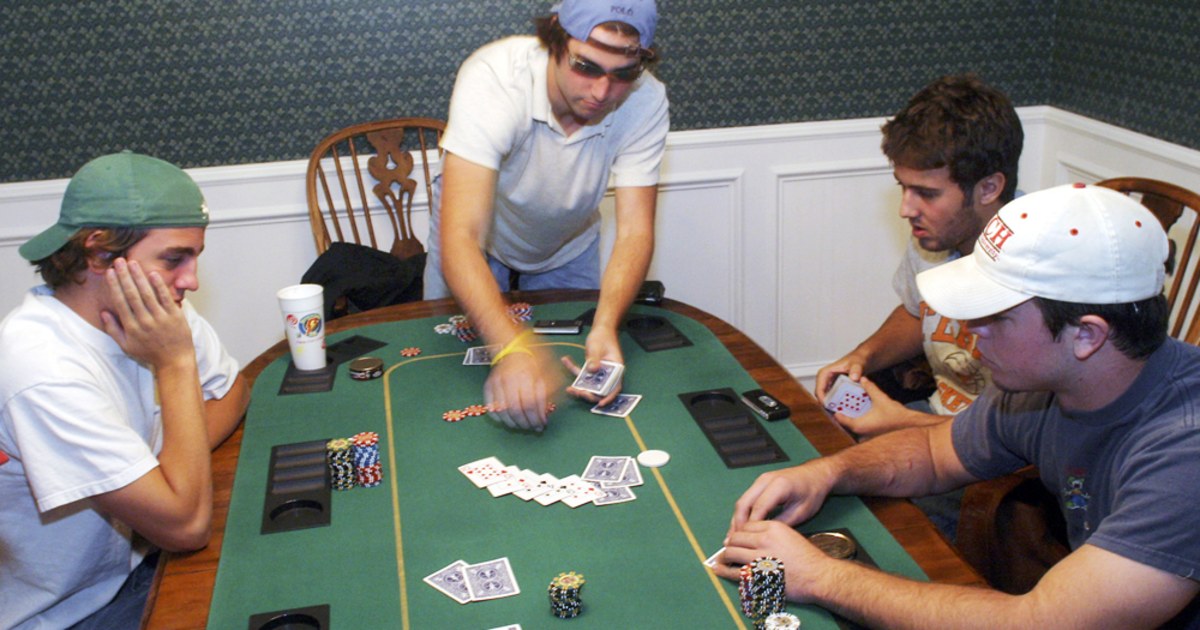How to Improve at Poker

Poker is a card game where players place bets into the middle of the table (the pot) according to their beliefs about their hand’s strength and chances of winning. While the outcome of any particular hand does involve some element of chance, top players have a variety of skills that help them make better decisions than their opponents. These include knowing the rules, understanding bet sizes and positions, and being able to read other players’ actions.
To improve at poker, players must commit to playing regularly and to learning the game’s strategies. They must also use proper bankroll management and smart game selection. This means that they should play only the games that provide the best chance of winning. This may mean that they have to spend more time at the tables in order to earn more money, or it may mean that they must drop down in stakes or play lower buy-in tournaments when their bankroll is low.
There are many different poker games, but all of them have a few basic principles in common. The game starts with players putting in an initial forced bet (the amount varies by the game), then they are dealt cards. Once everyone has their cards they can either fold, call (match the size of the previous bet), or raise. The player with the highest-ranking poker hand wins the pot.
When you’re new to poker, you can start by playing free games or low-stakes real-money games. This way, you can build up your experience and skills without risking too much money. Then, once you’ve gained some experience, you can move up to higher-stakes games.
If you’re new to the game, the most important thing is to learn poker hands ranking and positions. This will give you a good advantage over your opponents. For example, if you’re in early position and your opponent calls the preflop bet, you can assume that they have a weak hand. On the other hand, if your opponent raises the preflop bet, it’s likely that they have a strong hand.
If you’re not comfortable raising your own bets, try to spot other players’ weakness. This can be done by studying their betting patterns. For instance, if a player always checks when they have a strong hand, you can assume that they are only bluffing most of the time. You can also learn more by watching the action at the tables. This will allow you to see how other players play, which will help you determine what type of player they are. This will then help you decide what strategy to employ against them. Also, don’t be afraid to ask for a table change if you feel that you’re sitting at a bad table. The poker floor staff will be happy to help you find a more profitable game.